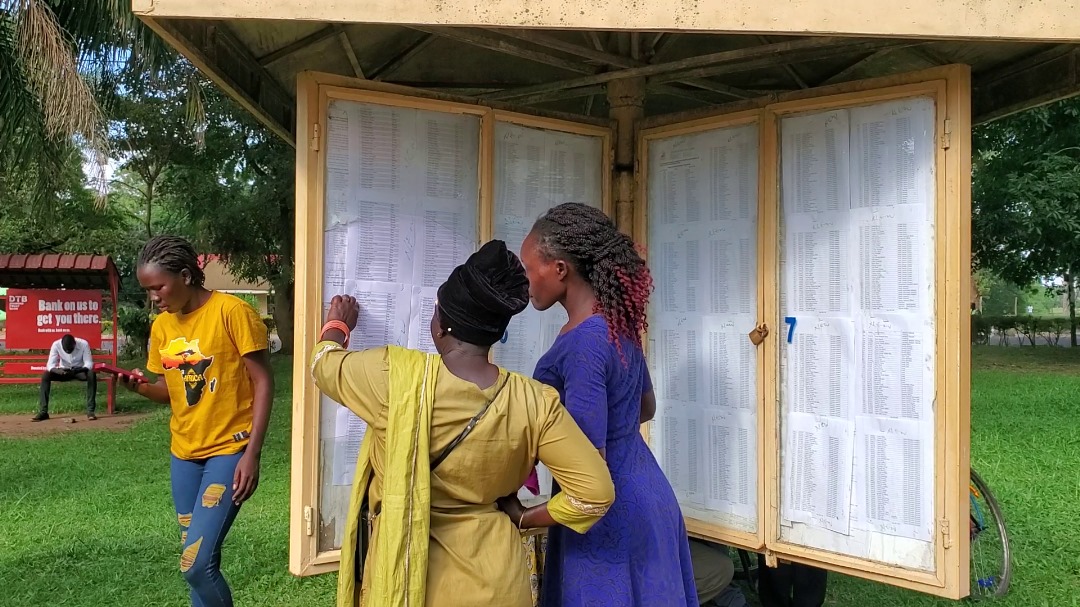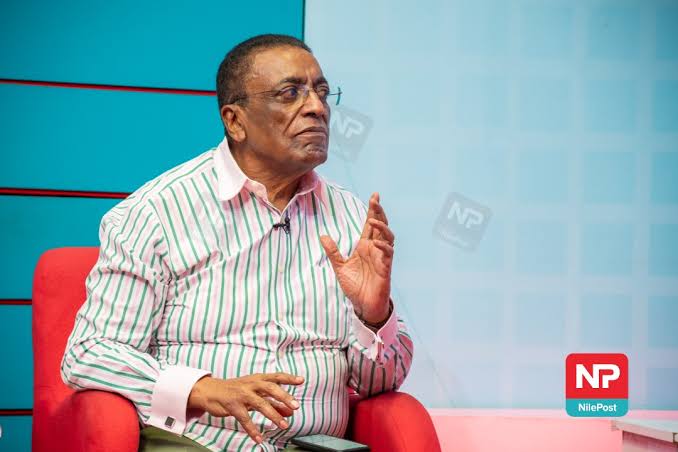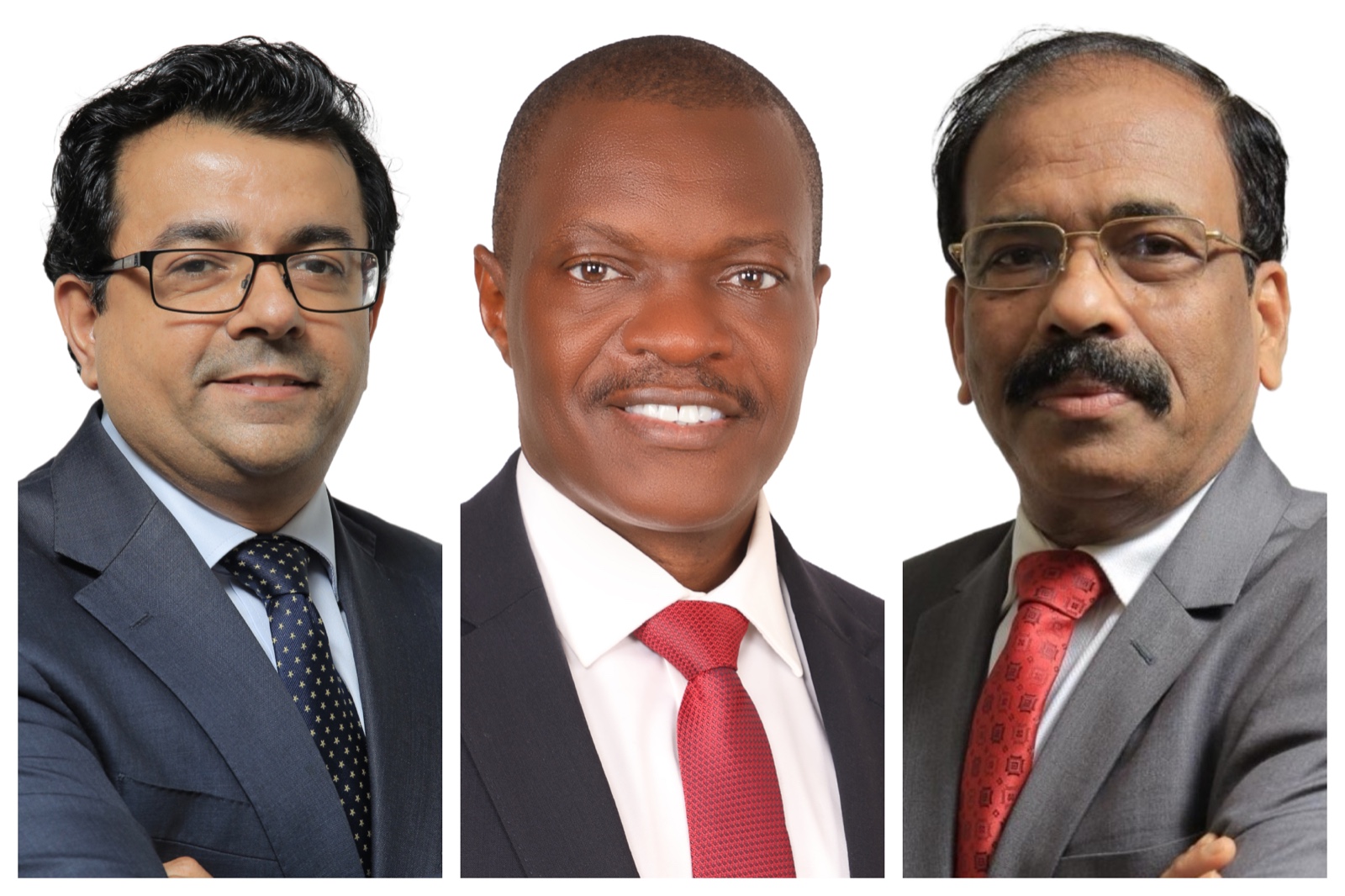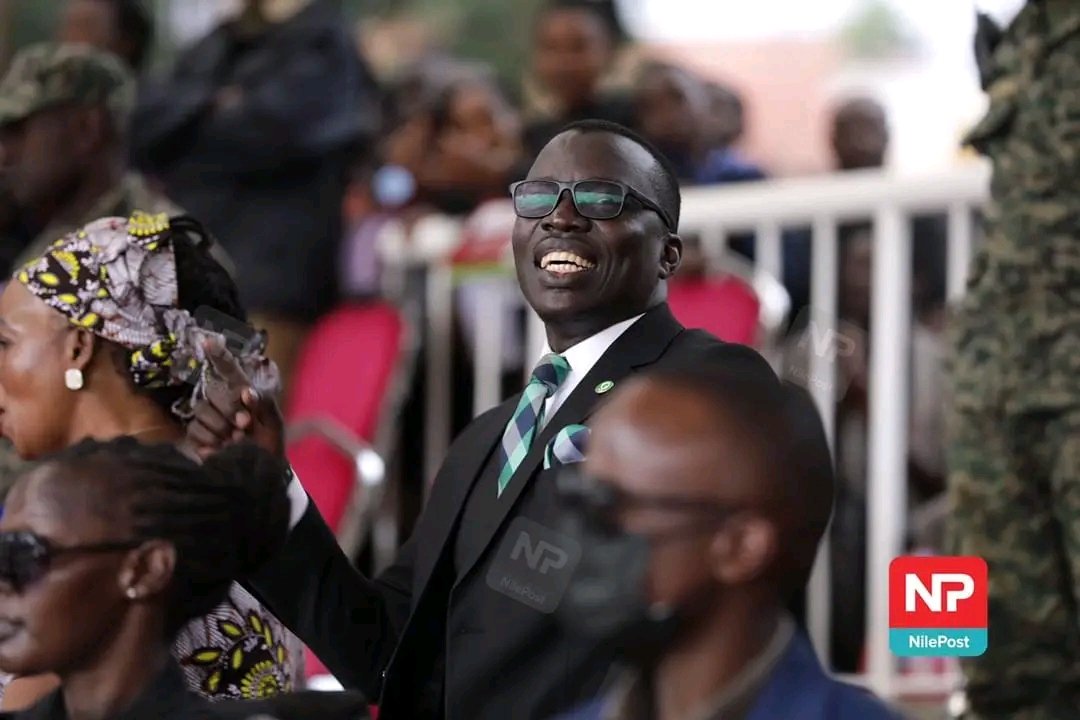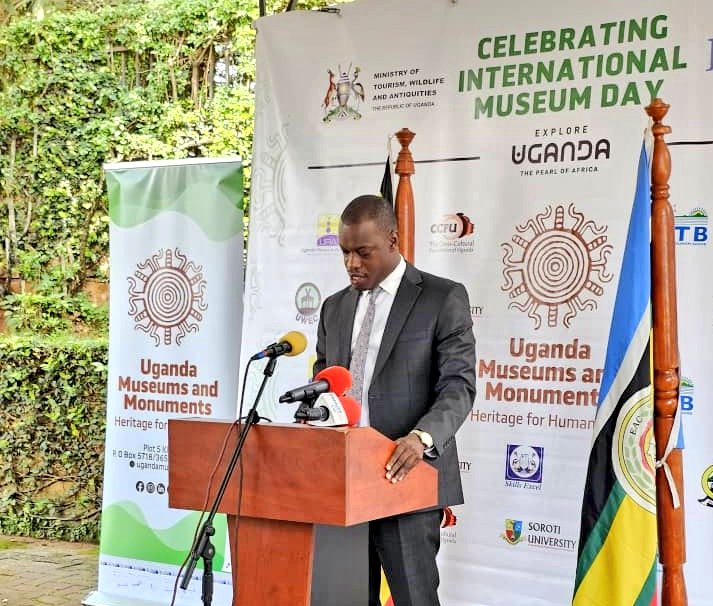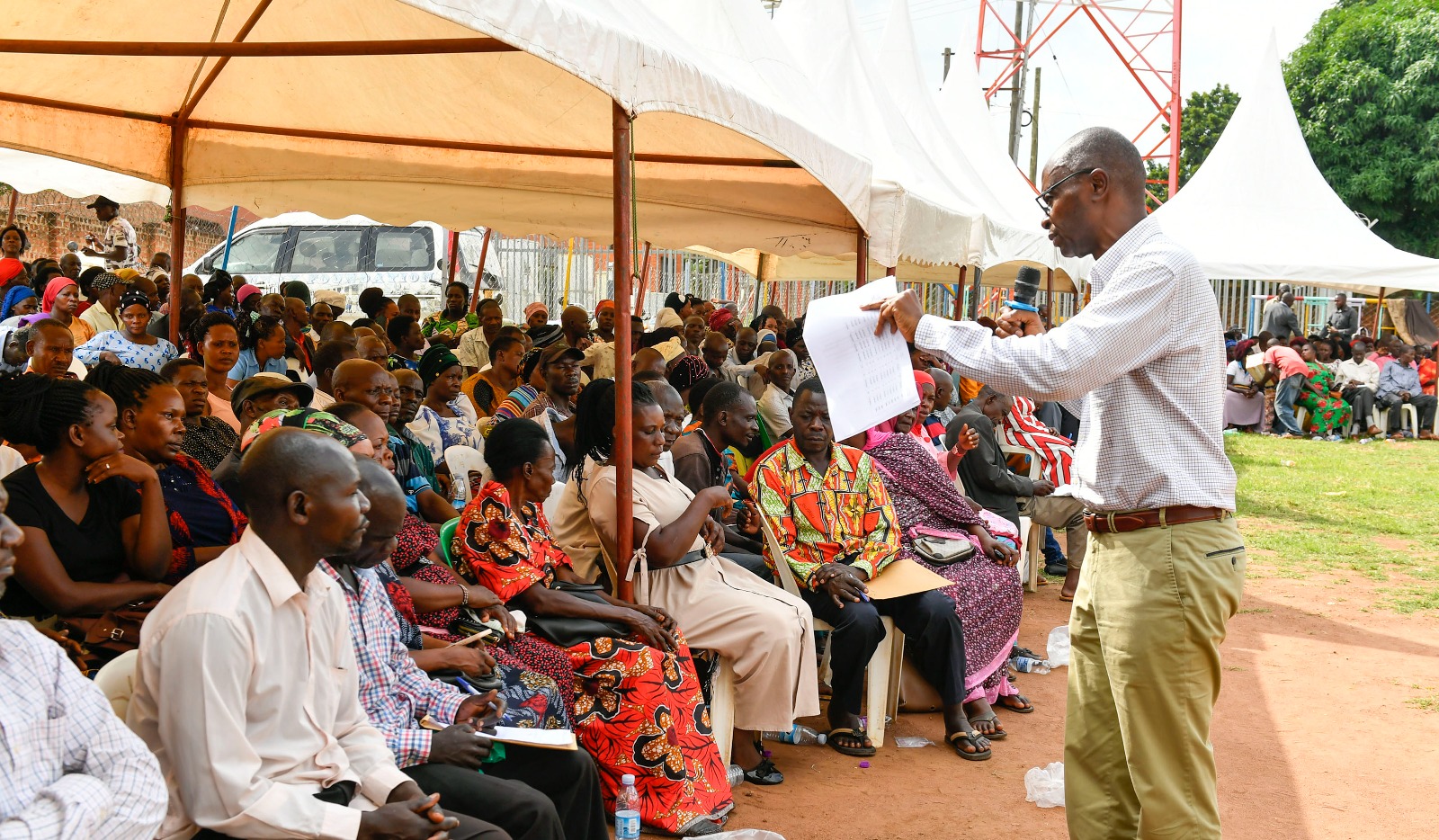Here's how media can position science as a driver to national development

I will dare to think differently in Uganda’s current circumstances and the need to catch-up real fast
By Elijah Turyagumanawe
OPINION - ELIJAH TURWAGUMANAWE | In veneration to the adage, “Power shall be a semblance of what is revealed against what is concealed”, as I reckon media has since time immemorial played a pivotal yet subtle role in nurturing and shaping societies.
With a society of a generation largely constituted of youths, it becomes imperative to utilise both modern and traditional media platforms as a means to offer strategic wholistic direction for socio-economic growth, banking on media technologies developed and provided by Science, Technology and Innovation (STI) products.
modern technologies including robotics and Artificial Intelligence (AI), automations and virtue replacements have undoubtedly created a threat to human employment making the once notion more dire and realistic.
This calls for a mass consolidated strategic involvement because it has become even clearer today than ever before according to research that a nation which shall ignore science, technology and innovation evolutions will soon be erased off the global map by simple virtue of failure to compete with counterparts.
The media in Uganda is therefore charged with an ardent task of ensuring the close to 50 million people speak the same language when it comes to Science, Technology and Innovation if the pearl is to remain competitive a decade or so from today.
Eighty-five percent of youth below the age of 35 years, 73 percent employed in agriculture is an economic indication of a country with huge untapped potential yet struggling.
The services sector to which Science, Technology and Innovation would largely fall employs only 24% with a significant fraction of STI products still pouring in through her porous borders.
The findings also highlight the need for versatile and timely import policy on STI products for competitiveness.
Uganda can now rely on the available media to gunner both the elite and none-elite into urgently embracing Science, Technology and Innovation in order to avert the looming economic catastrophe.
A brainy minister in Uganda’s cabinet Dr. Monica Musenero Masanza, highlights astounding strategies to economic redemption including the LEAP & LOOP approaches.
The “Leap frogging” approach seeks to play catch-up fast-forward with STI globally established economies while the “loop” approach seeks to look back with strategic importance of establishing what the first world countries did different and playing copy-cat as will certainly be further explicated in this publication.
However sophisticated Science, Technology and Innovation (STI) and Science information is seemingly perceived in the public domain, we must appreciate now than ever before that science is a powerful study that diversely cuts across into almost if not all aspects of our lives.
Paradoxically, from agriculture to Industrialization and eventually to the services sector domination on macro-economic grounds, we have always been told that is the economic growth chronology and therefore that’s how China developed: Through small industries.
I will dare to think differently in Uganda’s current circumstances and the need to catch-up real fast.
The entry could be at industrial level through the “Idea to Market journey” one designed by the Secretariat of Science, Technology and Innovation Office of the President, on condition the concepts are quickly grasped by the populace and internalized with ease for tangible products.
If media in Uganda today took a deliberate decision to broadcast the likes of the above development-oriented information, ditching the parochial old media broadcast approaches of today, largely focused on politics, social entertainment, drama and sports, the story will totally different, the country will be an inch closer to unison towards achieving the economic growth agenda.
I will furthermore breakdown both the traditional and modern media horizon in Uganda as is today for a better comprehension of the media effect vis-à-vis national development. Maybe it will explain why we are where we are today.
Ugandan traditional media space which entails: televisions, radios and a bit of print (that by consumer trends data surveys has continuously declined in performance) cast 75 percent entertainment, dominating the air waves for the better part of the 24hours in a day.
This proportion includes: sports, music, showbiz like fashion kids’ shows, celebrity talks, social entertainment shows, movies among others. The rest, 25 percent of solid content is dedicated to current affairs of which politics dominates.
On the other hand, however, modern media or social media which today is a source of information for an estimated 10 percent population proportion of regular information consumers is mainly a washed by entertainment with a bit of politics.
The majority consumers here are young people below the age of 35 years, considered youths.
This young populace can be categorized as gullible and easy to manipulate based on intention of the communicators and the nature of information the target audience is constantly fed on from these various media platforms of which none is fully owned or governed on the continent.
The top most used digital media platforms are in the order; WhatsApp, Facebook, X (formerly twitter), TikTok, Instagram, snapchat among others.
To get into the nitty-gritties of such media engine operations, searching, clicking open, liking or sharing a post straight away opens a thread of similar posts that directs the user interface, sieving and dictating what the user consumes for the next 5-10 feeds.
The media on such modern channels has since been classified as liberalized considering it allows free expression with less or no censorship at all.
Entertainment including banter and comic content, music, social lifestyle takes the biggest fraction here with political content following in the line.
The above analysis highlights the current mindset of not only the senior citizens but also the younger population as predetermined by the media consciously or subconsciously.
During last year’s science week, National Science Week 2023 (NSW23), the annual landmark event of the Science, Technology and Innovation secretariat Office of the President, I took the honor to manage the second day of that amazing week which was Press-day.
Our focus here was to engage the top organ of leading media houses in the country and not limited to a media sector, I invited and moderated a panel that constituted Mr Maurice Mugisha, deputy managing director at Uganda Broadcasting Corporation (UBC), Mr Joseph Kigozi, the deputy chief executive officer at Next Media, Dr Innocent Nahabwe, the proprietor at Galaxy Radio and TV, Solomon Sserwanja, a renowned investigative journalist, and Dr Charles Wendo, a science communications expert.
Thrilling as it was, the discussion dissected national media and journalistic underlying issues and how these affect collectively the gathering, dissemination and appropriate interpretation of Science technology and innovation information to foster an STI driven national development.
Even when issues such as proper specified science deployments of journalists by newsrooms, reasonable compensation, information packaging and science information simplicity among others took center stage, one thing got even clearer, the need to deliberately utilize media for a consolidated STI-led national development.
A bit of my experience with media disruption and the ability to reach far and wide can be denoted years back in 2016 when I first broke the internet as a young journalist to being voted “World’s Favorite Person” by the Australian based ABC during the post-election media coverage.
Media content development had never been any deliberate in such arenas of live coverage, capturing audiences’ attention became the new thing and still is regardless of professionalized content packaging as long as you hold the grit and audacity to articulate both communal and personal matters.
Various media houses both local and regional buzzed my phone the following morning for interviews as I was hailed a broadcast ‘hero’ at the time, technology had come to the people in the most copious of forms and there was not turning back.
Visuals became more appealing directly bringing to work all the key senses that aid communication: the ears for listening, the eyes for the none-verbal, the touch and feel almost bringing visuals into reality and not forgetting intuition where prediction is allowed to flex its muscles through constant direct engagements.
The ability to keep audiences in a loop of developmental discussions that determine not only the political future but also the economic landscapes must be cultivated and controlled by responsible patriots that hunger for an urgent yet drastic turn around.
This has an inadvertent infringement to national marketing and branding on the global map.
I will end by emphasising the drive to a science-led socio-economic transformation cannot be achieved by a small section of elites.
The need for everyone’s involvement including the media which communicates to majority stakeholders for the necessary coordination is one that we cannot flout.
___________________________________________________
Mr Elijah Turyagumanawe is the Strategic Communications Officer at STI-OP
@elijahtury


